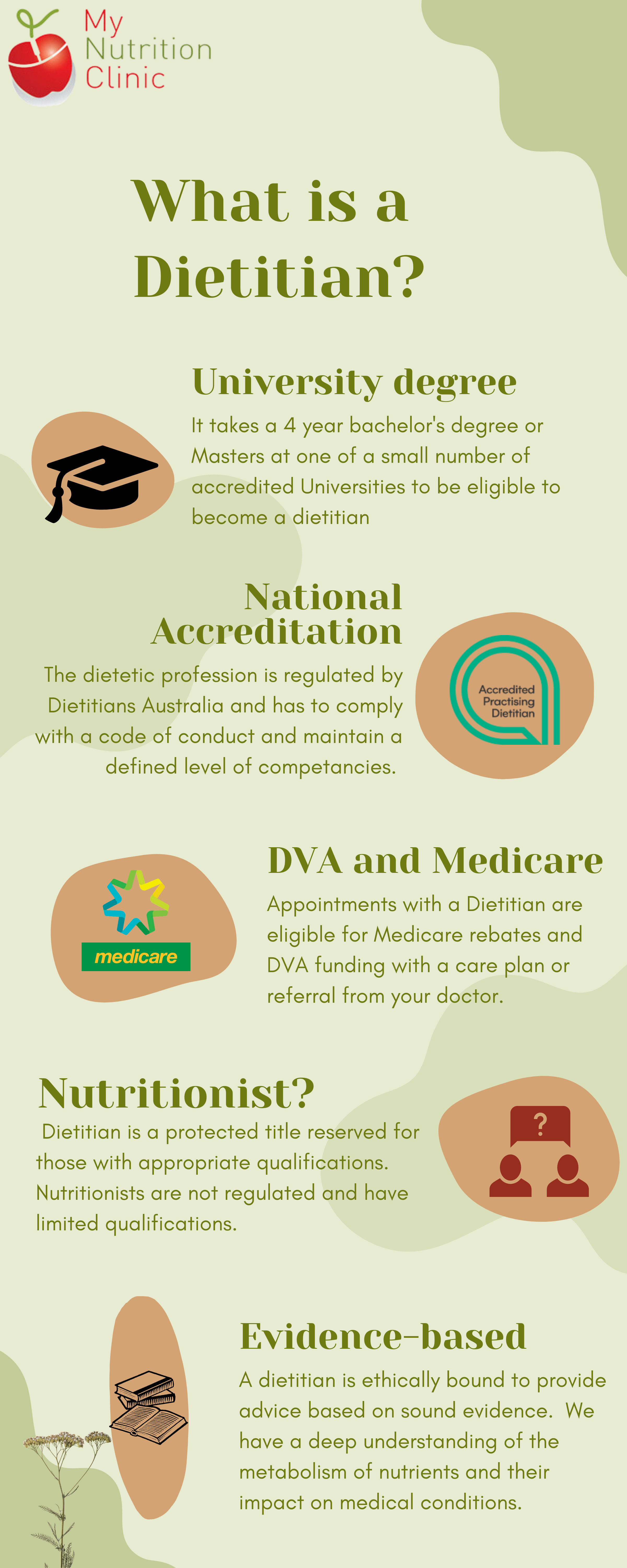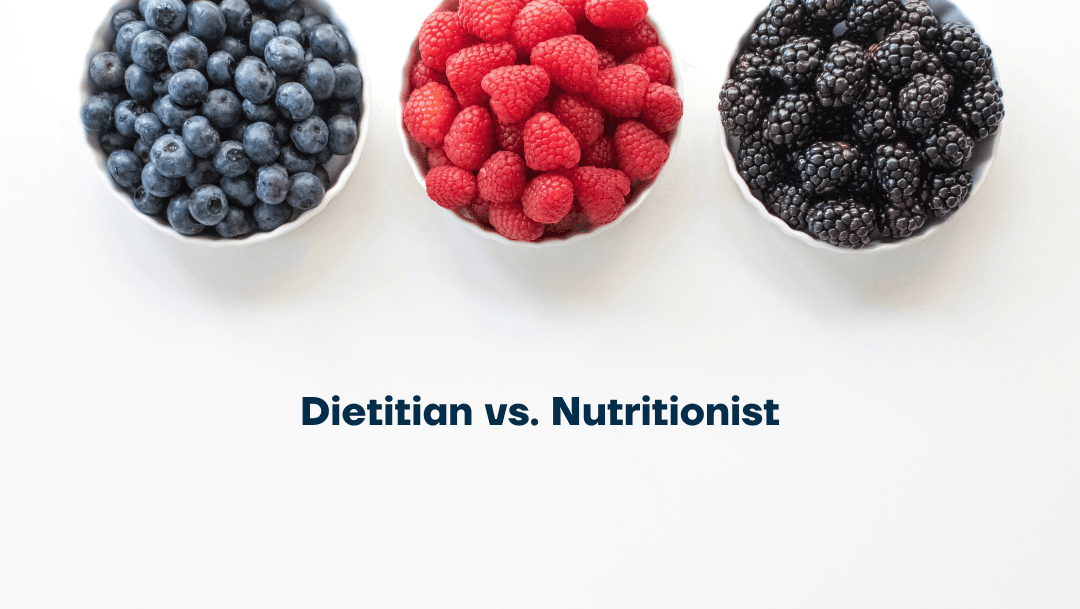All Categories
Featured
Table of Contents
-1
In the USA and lots of various other countries, a dietitian is a board-certified food and nutrition professional. They are highly informed in the area of nutrition and dietetics the scientific research of food, nourishment, and their effect on human health. Through comprehensive training, dietitians get the know-how to give evidence-based medical nourishment treatment and dietary counseling customized to fulfill an individual's needs.
-1To make these qualifications dietitians-to-be need to first earn a bachelor's degree or comparable debts from an accredited program at a college or university. Commonly, this requires an undergraduate science level, consisting of programs in biology, microbiology, natural and inorganic chemistry, biochemistry, makeup, and physiology, as well as even more specific nourishment coursework.
Dietitian And Personal Trainer ( Stirling)
-1This permits them to analyze severe needs, focusing on deadly conditions. Inpatient and outpatient dietitians also give nutrition education to people with specialized demands, such as those freshly out of surgical treatment, in cancer cells therapy, or identified with persistent illnesses like diabetic issues or kidney condition. In the outpatient setting, they provide a lot more comprehensive nutritional therapy functioning towards a nutrition-oriented objective.
-1Research dietitians generally function in research health centers, organizations, or colleges. When dietitians have made their credentials and are functioning in the area, they can go on to specialize in a particular subcategory, such as pediatric medicines or sporting activities dietetics.
-1Others may function as health and wellness and nourishment specialists in media or as public audio speakers (Registered Dietitian Credentials). Dietitians are qualified to handle nutrition therapy across a period of severe and chronic conditions.
Clinical Dietitian – Stirling
-1In many states, such as Alaska, Florida, Illinois, Maryland, Massachusetts, and Pennsylvania, RDs and CNSs are granted the same state license, typically called a Certified Dietitian Nutritional Expert (LDN) certificate. In states that do not regulate the use of this term, any person with an interest in diet plan or nourishment might call themselves a nutritionist.
-1Because uncredentialed nutritionists generally do not have the proficiency and training for medical nutrition treatment and nourishment counseling, following their suggestions might be taken into consideration damaging (). Before consulting a nutritional expert, you might intend to inspect whether your state regulates who might use this title. In the U.S. states that don't regulate the term, no degrees or credentials are required to be a nutritionist.

-1
In states that do mandate licensure, the CNS or RD credential may required. Those with CNS credentials are wellness experts like registered nurses or doctors with innovative health and wellness levels that have actually looked for out added coursework, finished monitored method hours, and passed a test supervised by the Board for Certification of Nutrition Specialists.
-1While several of these strategies may have robust clinical backing, others might not. Offering nourishment recommendations without the appropriate understanding and training can be hazardous, especially when counseling those with health and wellness problems. If you are thinking about seeking advice from a nutritionist, you may want to ask if they are a CNS or have state licensure or certification, or an additional credential.
Local Nutritionist – Scarborough 6019
-1Several states particularly regulate this term. In addition, nutritional experts may seek an advanced CNS accreditation.
-1It can be challenging to aid people make real, enduring adjustments in their lives. Both dietitians and nutritionists offer an array of nutrition-based services to clients.
-1They must have completed some degree of education and learning in their field. They are additionally needed to have finished as much as a year of monitored job, functioning within a directed program at a health care center, catering company, or neighborhood body. Dietitians have much higher assumptions positioned on their abilities and level of professionalism.
-1This indicates that there is no body that oversees their credentials and no especially stringent guidelines that nutritionists demand to follow in order to be able to practice. Dietitians, on the other hand, are signed up with nationally identified bodies, such as the Dietitians Organization of Australia. They should follow by the National Competency Standards for Dietitians.
Plant-based Nutrition Education

-1
You can practice as a nutritional expert without the exact same degree of certification as a dietitian. Nutritional expert programs can vary in size and top quality, with some as brief as six weeks and covering much much less material than a dietetics training course. Depending upon your education and learning supplier, you can gain a considerable quantity of knowledge via examining an easy nutrition course; however it is necessary to check out the program content before beginning.
-1This can include participating in market workshops or reading sector publications. Nutritionists, on the other hand, typically earn their qualifications in order to supplement various other credentials and supply much better recommendations to their customers. Nutritional experts can obtain work in a large range of areas, consisting of public wellness guidance, suggestions for individuals, and dealing with personal organisations.
-1Nutritionists can work with sporting organisations, gyms, institutions and recommend media outlets on fundamental terms and proper usage of terms. Dietitians can function in many of the very same duties as nutritional experts.
Kidney Dietitian – Scarborough
-1Dietitians often work with even more medically sensitive customers. Since of the high degree of expertise called for to offer services to these individuals, only certified dietitians are permitted to give treatment.
-1In Australia there is a distinction between a dietitian and various other dietary health and wellness companies including nutritional experts. All dietitians are nutritional experts, however nutritionists without a dietetics qualification can not call themselves a dietitian. While there are similarities between a dietitian and nutritionist there are distinctions in certifications and policy. The dietetic career is controlled and fulfills strict standards as set out by the National Alliance of Self Regulating Health Professions (NASRHP).
-1Dietitians with the Accredited Practising Dietitian (APD) credential devote to recurring training and education and learning throughout their occupations. As a profession, nutritionists are not managed in Australia under NASRHP or licensed under a solitary regulatory body.
Weight Management Dietitian
-1If you have a persistent health problem and a care strategy from your GP, you might be able to declare a Medicare refund when you see an APD. The primary function of people working in the occupation of dietetics is personified in this declaration: The career of dietetics contributes to the promotion of health and the avoidance and therapy of disease by optimising the nutrition of populaces, areas and individuals. Postpartum Dietitian.
Latest Posts
Dietwise.net.au - About Us ( Mandurah 6210)
Who To Refer To Us – Huntingdale
Alissa Erneste (Mosman Park )